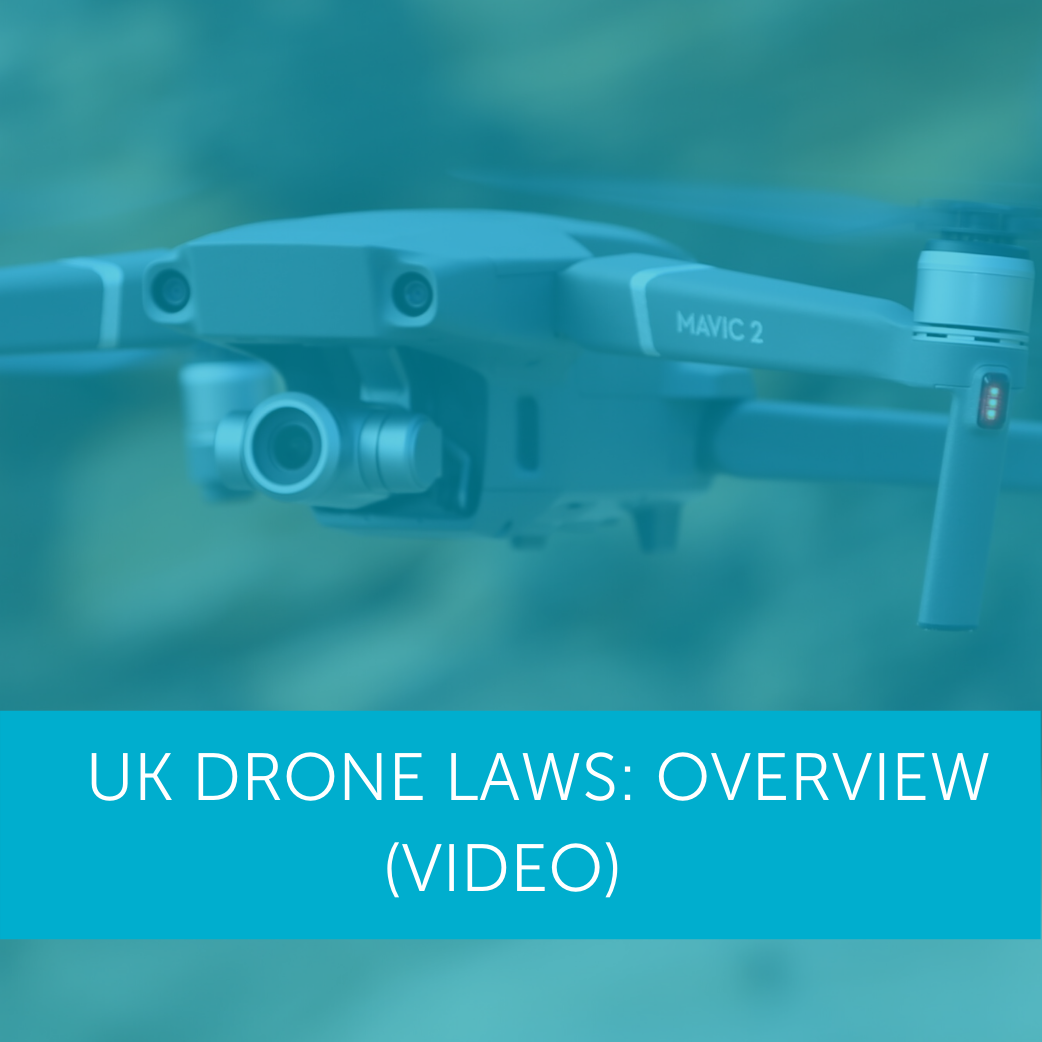
Training & Regulations
Published on 26 Feb 2020
James Willoughby
UK Drone Laws: Overview (Video)
First in a series about new UK drone laws starting in July. This overview video looks at the Open, Specific, and Certified categories, A2 CofC, GVC and PfCO. ... Read More
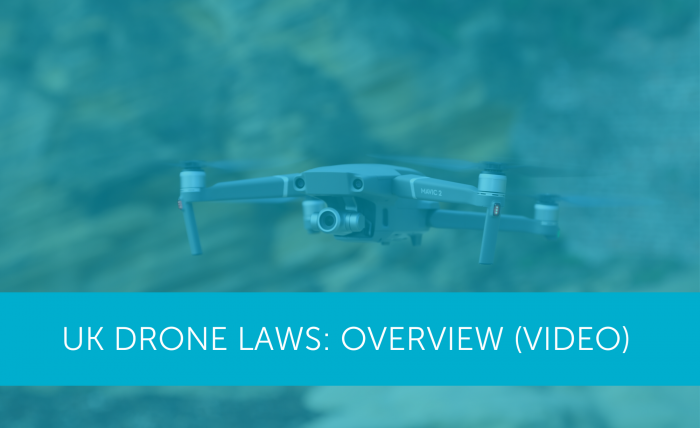
UPDATE (June 8, 2020): The European drone regulations which were set to start in the UK in July, and then in November, have been delayed for a second time and will now start on December 31, 2020. Read more about it and how it affects you here.
This is the first video in the series. The others are:
Transcript: UK Drone Laws - Part One, Overview
Please note that some of the information in the transcript has been changed to reflect the delayed start to the drone regulations in the UK.
Hello and welcome to this very special Heliguy video where we're going to be talking about the new EU regulations which come into effect on December 31, 2020.
In November 2019, the Civil Aviation Authority (CAA) introduced the DMARES system - the Drone and Model Aircraft Registration and Education Service.
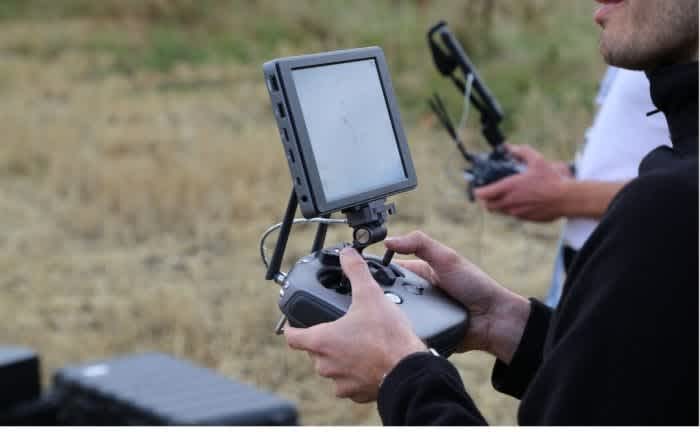
The system is used as an educational tool for those who are responsible for operating drones within the United Kingdom. It also provides a system for the online registration of any drone above 250 grams in mass.
Upon registration, the Operator's ID is issued and this must be attached to the aircraft in accordance with the CAA's requirements.
Those individuals who are not directly responsible for an aircraft but do intend on flying them must complete the online training and assessment and obtain a Flyer ID.
Ambiguity Around Commercial and Non-commercial Drone Operations Will Be Removed
So, to kick us off with the new European regulations, the differentiation between a commercial and a non-commercial drone operation will be gone from December 31.
This means that in the future, if you happen to be flying and obtain a great photograph or a nice piece of video that you want to then make money from, then you can do so.

The new rules will allow more people to make money from their great drone shots, as the regulations will do away with the ambiguity around commercial and non-commercial drone operators. Image by Simon Heron.
Three Categories
The introduction of the EU regulations from December 31 will introduce three new distinct categories. These are Open, Specific, and Certified. Each category has different requirements in terms of training, but also the aircraft which can be used.
Mini-in-stock-12-5-700x366.png
The Open Category
The Open Category is split up into three subcategories.
Mini-in-stock-13-6-700x366.png
So if you want to fly your drone in a recreational capacity (note, the difference between commercial and non-commercial flights will end when the new rules start) then what you can do is select one of the three categories and each of them has different requirements depending on the type of aircraft that you use and also the training requirement.
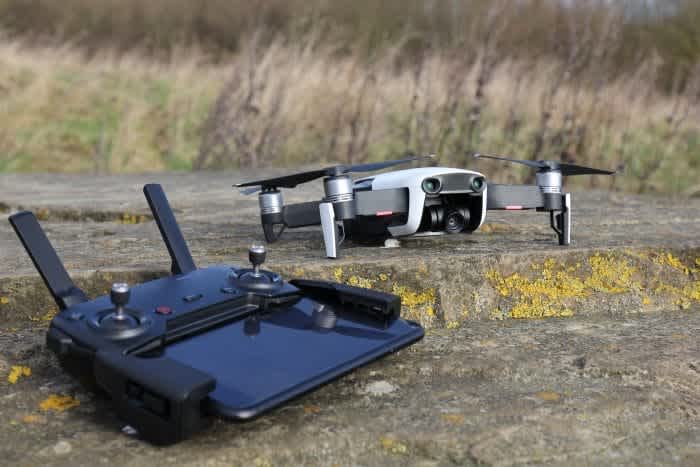
The training requirements for using these subcategories ranges from the completion of the DMARES system right through to the completion of what's called the A2 Certificate of Competency (A2 CofC).
The A2 CofC course will be delivered by Recognised Assessment Entities, like Heliguy, from June onwards.
Mini-in-stock-16-2-700x366.png
There are also additional requirements for the type of aircraft which you use in each of these subcategories and these are going to be covered in a future video.
Specific Category
Let's move on to the Specific Category, which is more attuned to the same provisions currently afforded by the Permission of Commercial Operation (PfCO).
Those who are currently operating under a valid PfCO can continue to do so under the existing provisions of that mission.
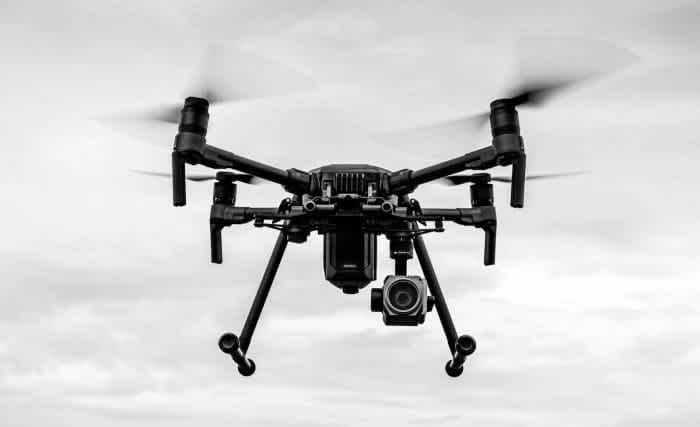
What this does mean, however, is that you have to keep your Operations Manual compliant with the regulations as they change.
Upon first renewal, after the regulations come into effect on December 31, then your permission will change to an Operational Authorisation.
In due course, the Civil Aviation Authority will publish a set of Standard Scenarios and Pre-defined Risk Assessments which will form the provisions of your permissions. This is dependent on a number of factors but far too complex to go through in this very short overview video.
Certified Category
Lastly, the final category, which is the Certified Category, is really designated for those operations which fall outside of the norm.
This can be things like the carriage of dangerous goods.
What Happens If You Have A PfCO?
For those individuals and organisations who haven't yet got themselves a PfCO, from June onwards you can obtain an Operational Authorisation by completing the General Visual Line of Sight Certificate (GVC) course.
Mini-in-stock-15-1-700x366.png
Again this course will be offered by RAEs, such as Heliguy, going forward, and individuals will have to complete all the critical elements of the course in order to be eligible to apply for an Operational Authorisation.
Mini-in-stock-14-2-700x366.png
The Transitional Period
Now this is just a provisional overview of the new regulations as they stand today. There is, however, a Transitional Period up to the start of January 2023, so things will develop quite consistently over the next two years.
Mini-in-stock-13-7-700x366.png
Learn About The New Regulations With Heliguy
For more information about the new categories, aircraft and training requirements, follow the link in the description below to heliguy.com.
